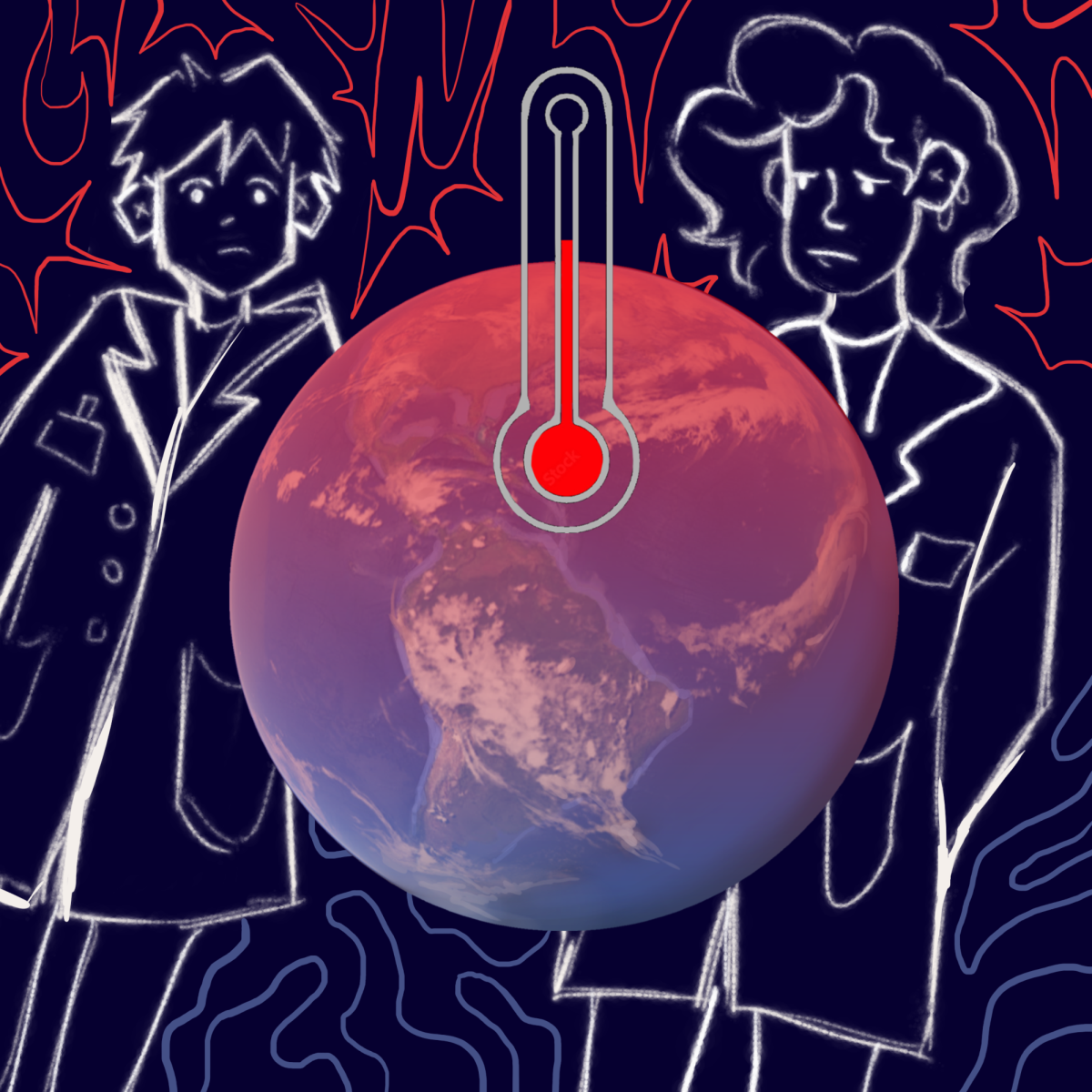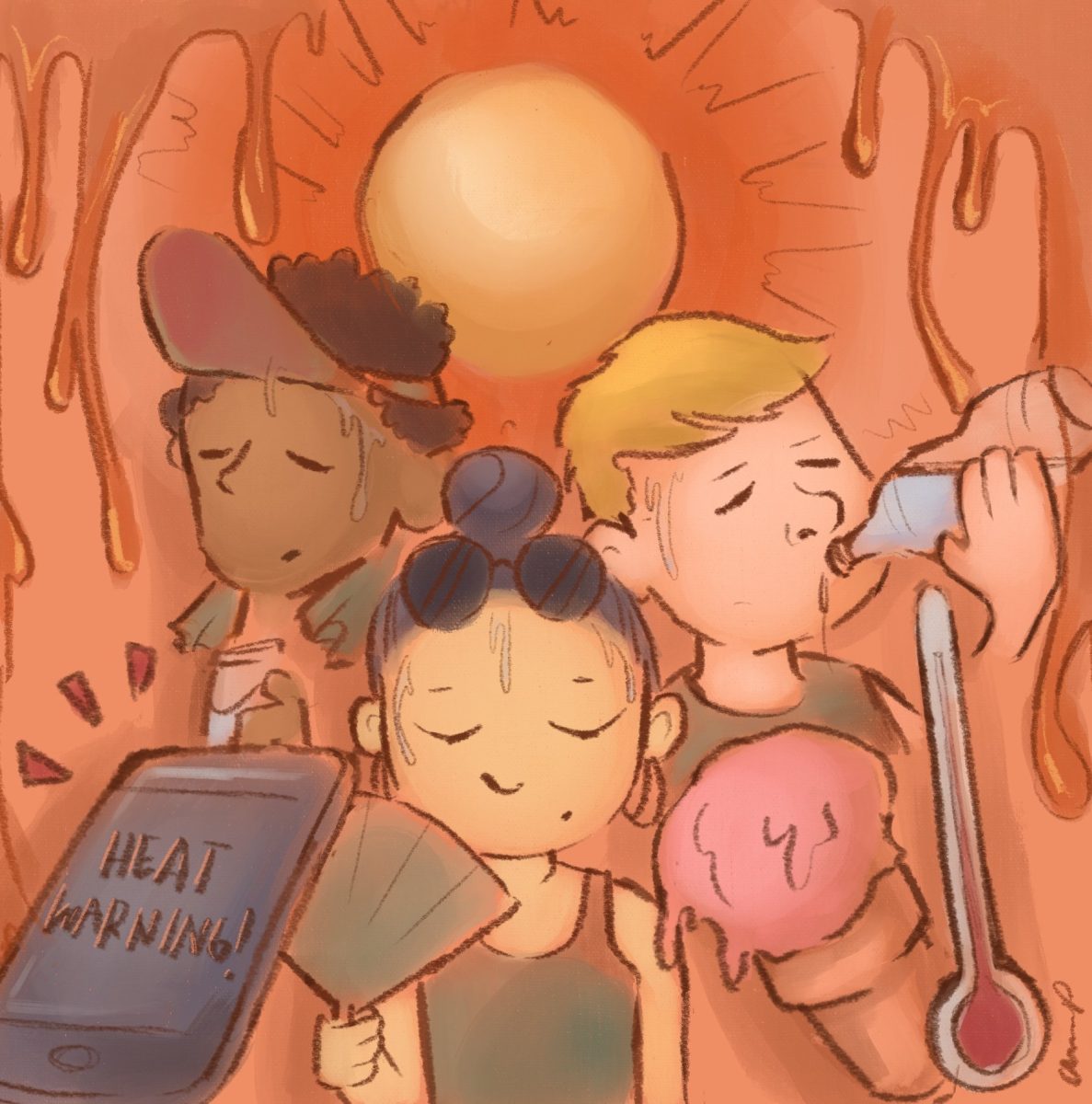Heat-related illnesses have spiked 90% since last year, and temperatures will continue to rise in Central Texas throughout the summer.
Austin-Travis County EMS reported 270 heat-related illness incidents between April 1 and June 16 this year. They reported 162 incidents for the same time period in 2023.
Captain Christa Stedman, Austin-Travis County EMS public information officer, said EMS naturally sees an increase in call volume year-to-year, but temperatures simply keep climbing.
“Climate change is real,” Stedman said. “It’s affecting (us) and we’re seeing this more extreme in the summer, and we’re seeing this in the winter. … I think we’ll probably continue to see numbers trending upwards summer-to-summer.”
Stedman said Austin-Travis County paramedics are well trained to expect heat-related illness calls, knowing environmental-related illnesses are common during summertime. She said there are three categories of heat-related illness severity, from least to most severe. The least severe are heat cramps, then heat exhaustion, and the most severe is heat stroke, a life-threatening medical emergency.
Julianne Bantayan, an environmental engineering and sustainability studies senior, said she previously took selective serotonin reuptake inhibitors, SSRIs, which made her vulnerable to heat-related illness.
“(The SSRIs) made me really susceptible to heat exhaustion and heatstroke,” Bantayan said. “Being in Texas during the summer months made me exhausted just being in the heat, and I couldn’t be in there for a long time.”
Bantayan, who was raised in the Philippines, said the country is especially vulnerable to climate change and rising seas, so rising temperatures and subsequent heat-related illnesses are very personal to her because she and her family have continuously experienced the effects of climate change.
“I know in Texas, we take it for granted that we have AC everywhere,” Bantayan said. “But in countries like the Philippines, that’s not the reality. In my grandmother’s home, there’s no AC at all and (when) I came back in December, which is supposed to be a cooler month, I experienced just excessive sweating (and) heat exhaustion whenever I was in the house because there was no AC.”
Stedman said it’s essential for everybody to know the signs and symptoms of the different heat-related illnesses and for Austinites to prepare themselves for rising temperatures.
Stedman recommends the following:
- Recognize the signs and symptoms of heat-related illness
- Hydrating before going outside and while doing strenuous activities
- Eat full meals
- Wear sunscreen
- Wear light-colored, loose clothing and hats
“You’ve got to stay humble about it because the heat gets everybody,” Stedman said. “It doesn’t discriminate. You might think that you’re tough enough for it, but you’re just as likely as anybody else to experience that.”














